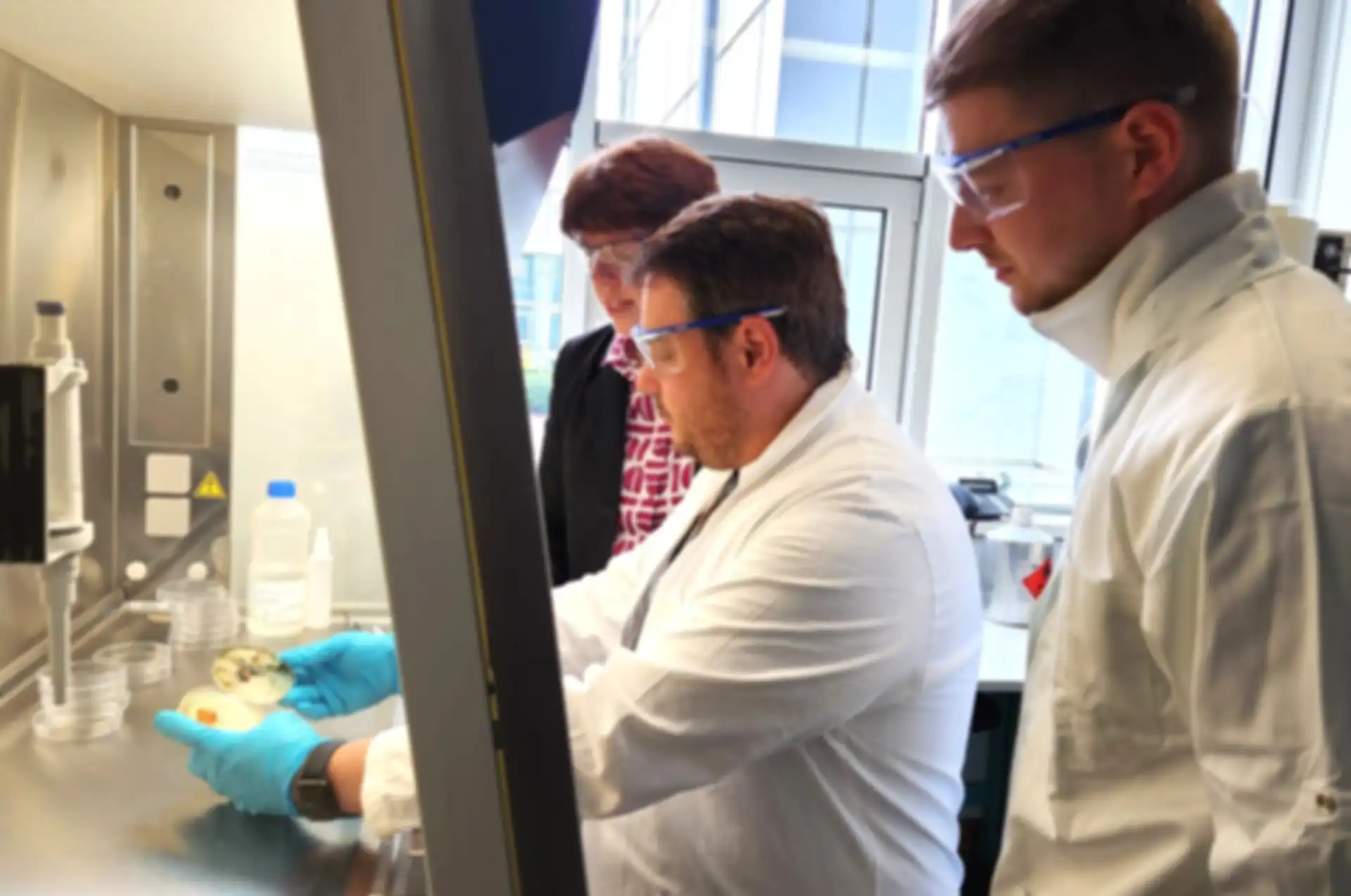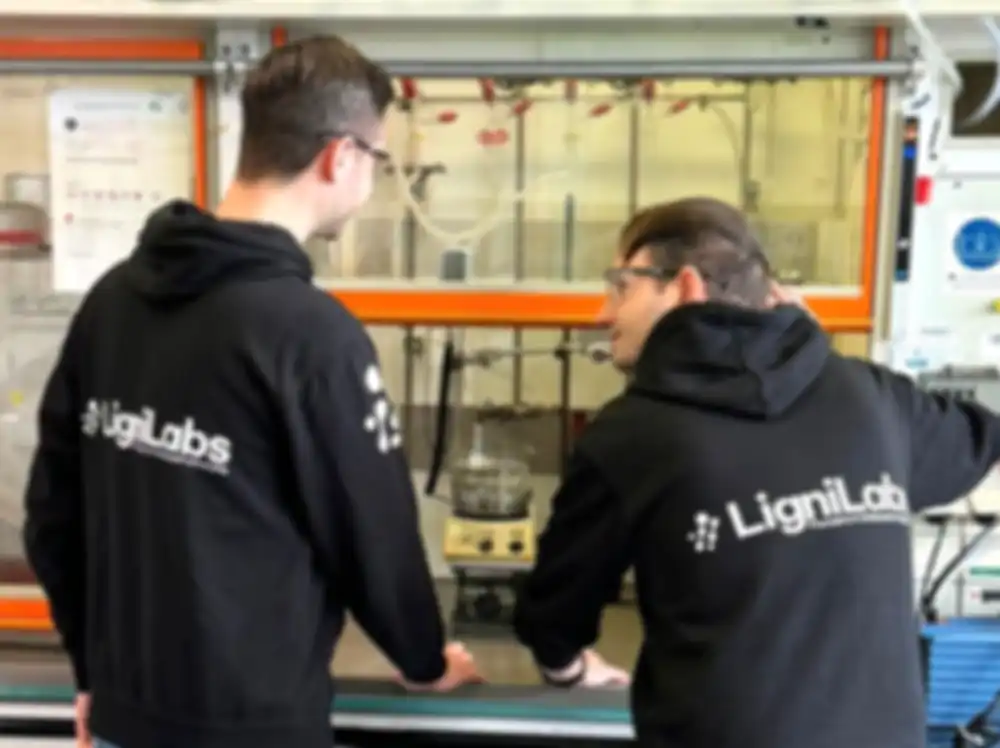#91 Justin Grabow (2.12.2024)
Woran krankt der Pflanzenschutz heute? Wie lassen sich Weinreben impfen? Und welche Rolle spielt dabei das holzige Biopolymer Lignin? Unser Host Thomas Ramge spricht mit: Justin Grabow, Co-Gründer des Mainzer Biotech-Startups LigniLabs.





